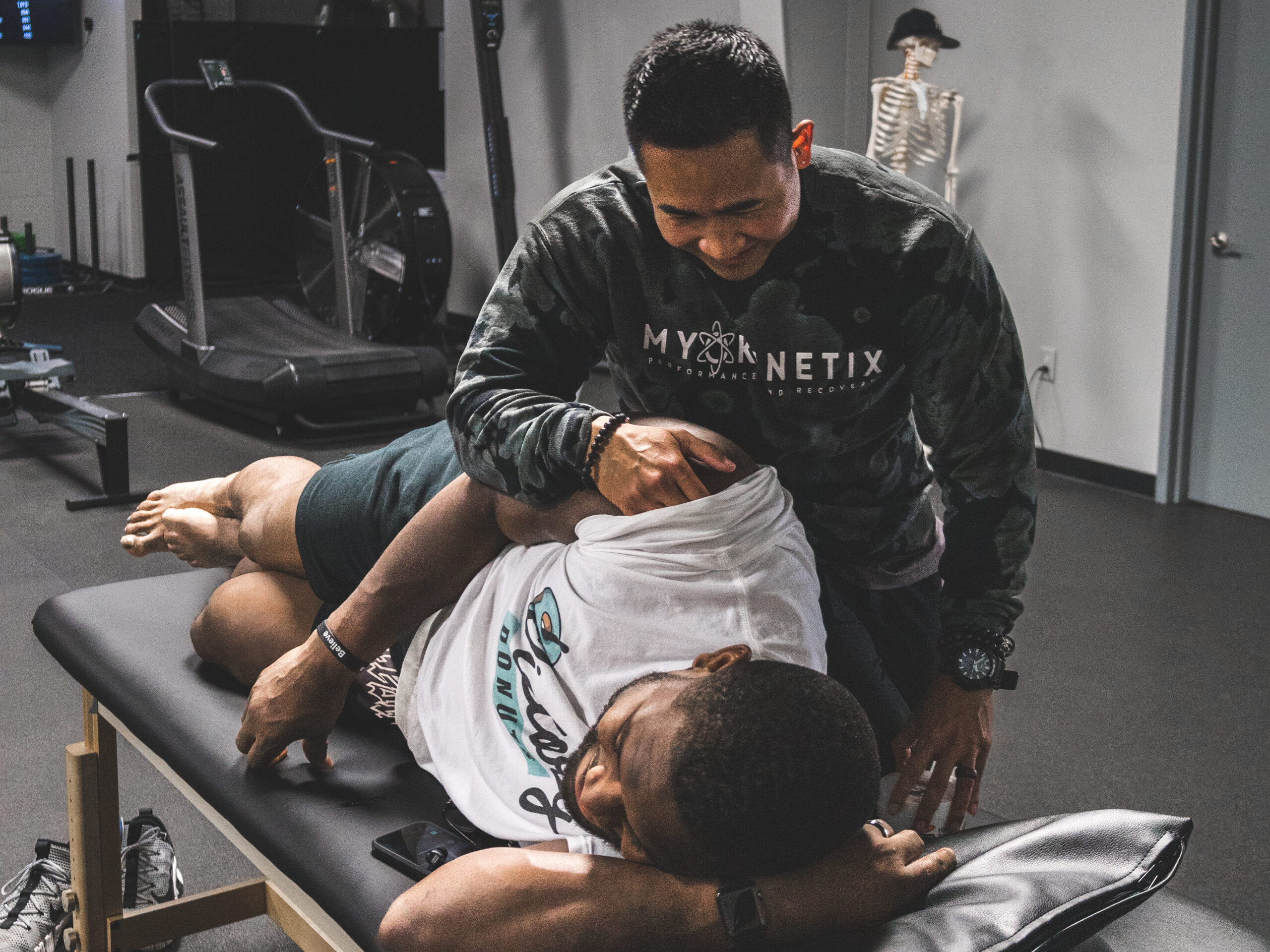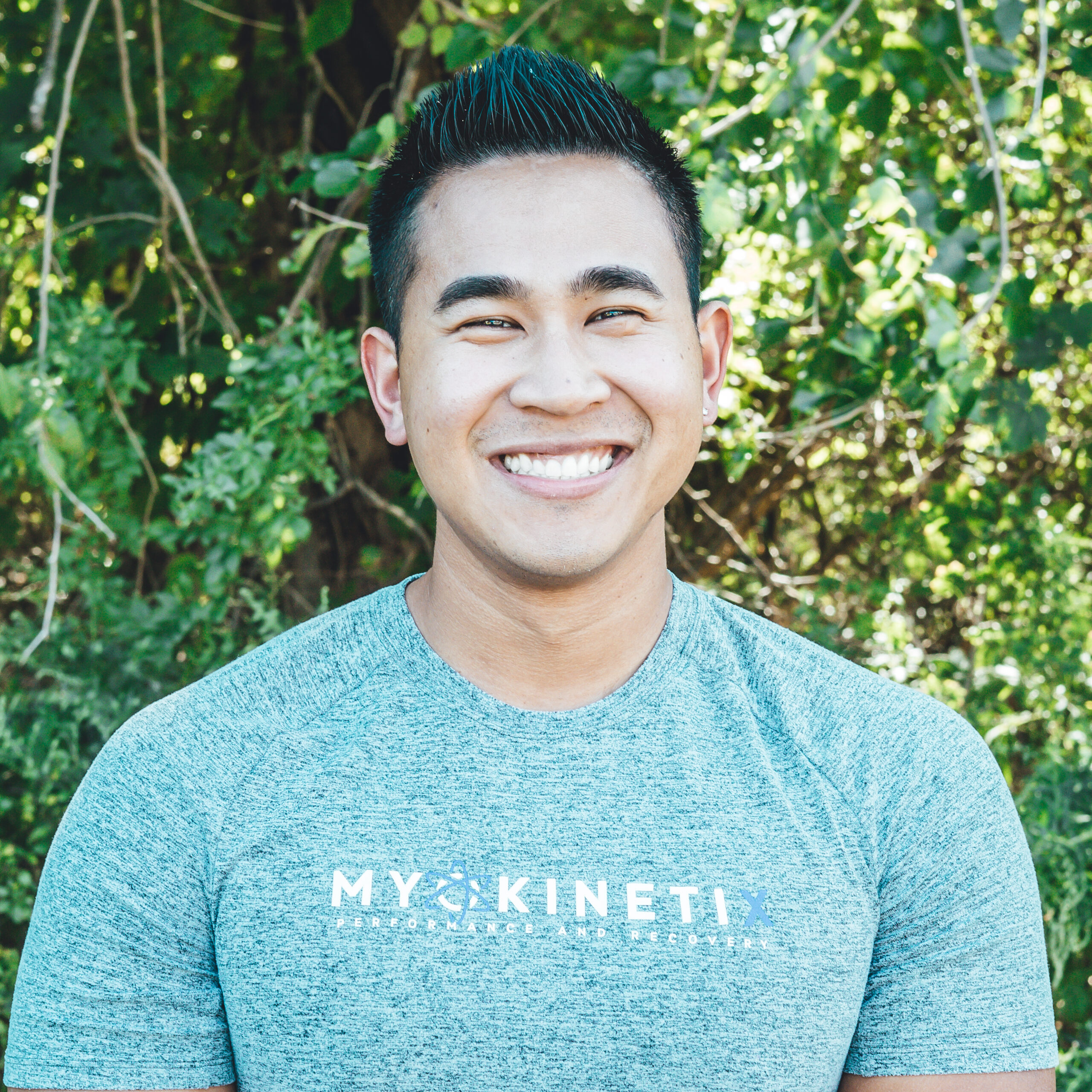- How people often view expenses related to fitness, healthcare, and well-being as additional costs, which can hinder their pursuit of better health.
- How shifting the perspective to view healthcare as an investment in the future, similar to finances, encourages individuals to prioritize their well-being.
- Why considering the long-term implications of one’s genetics is crucial, and understanding your family’s medical history can shed light on potential genetic patterns in the context of your family’s health.
Decisions Today Make a Healthier Tomorrow
Most people know the importance of investing their money for a future payoff. You take a little out of your paycheck today to take care of yourself later when you retire. This thought process is standard in the financial industry, that giving up a little money now is worth the larger payoff down the road.
In health care, no one ever talks about this. People view gym memberships, visits to a chiropractor, acupuncture, or other therapies as extra costs. Sometimes, it’s these expenses that ultimately deter people from ever trying to get into better shape. But what happens when you’re retired with all the money you need and not healthy enough to enjoy it? You need to invest in your health now!
I want everyone to view their health care like their finances — as an investment in their future. Yes, your gym membership will cost you money every month, and so will a visit to an acupuncturist, but these costs are not arbitrary; they are meaningful ways you’re investing in your future. That way, the “you” later on can enjoy life happily and healthily. And just like financial investments, some health-related initiatives have a higher return on your investment than others. So, how can you make valuable investments in your long-term health?

The first way is to think about the long-term implications of your genetics. Like the money you start your financial investments with, we all have a genetic disposition or starting point with our health. For me, it’s coronary heart disease. In 2019, my dad suddenly passed away from a heart attack at age 58. My family wasn’t expecting it as my father seemed healthy and was relatively young. After his passing, I realized I didn’t know anything about my dad’s family history. I wondered if my dad’s heart attack was a one-off event or part of a larger genetic pattern. So, one day, while having lunch with my mom, I asked her to tell me about my dad’s family history and health. “Well,” she said,“you know, your grandfather on your dad’s side also passed away when he was pretty young.”
“Okay, what did he pass away from?” I asked. She replied, “I bet it was actually the same thing as your dad.” It turns out my grandfather experienced the same symptoms my dad did before he passed. I knew right away this discovery was significant and suggested that, too, was likely at risk of a heart attack later in life.
So, I started making critical decisions in my daily life to help improve my health and reduce my risk of a heart attack later on. I exercise, avoid eating unhealthy fats regularly, and most importantly, invest in my health by getting regular checkups. I also understand these genetic predispositions can be scary for many people. Rather than being sad about the possibility of something happening, let’s change the narrative! In the financial world, advisors can look at the money you have right now to predict how much you’ll need in the future to live comfortably. Your genetics are no different. Just like financial planning, you can use your genetics as the data you need to take preventative measures.
If you don’t know your family’s genetic history, you can invest in a genetic test. Or talk to family members like I did to get some of the health-related answers you’ll need. It’s also essential to get routine bloodwork and checkups with your doctor. You’ll know where your health stands today to make better decisions for the future. And, once you understand what health issues your genetics may predispose you to, we can help you develop a plan to make the proper investments today for the best long-term health payoff.

